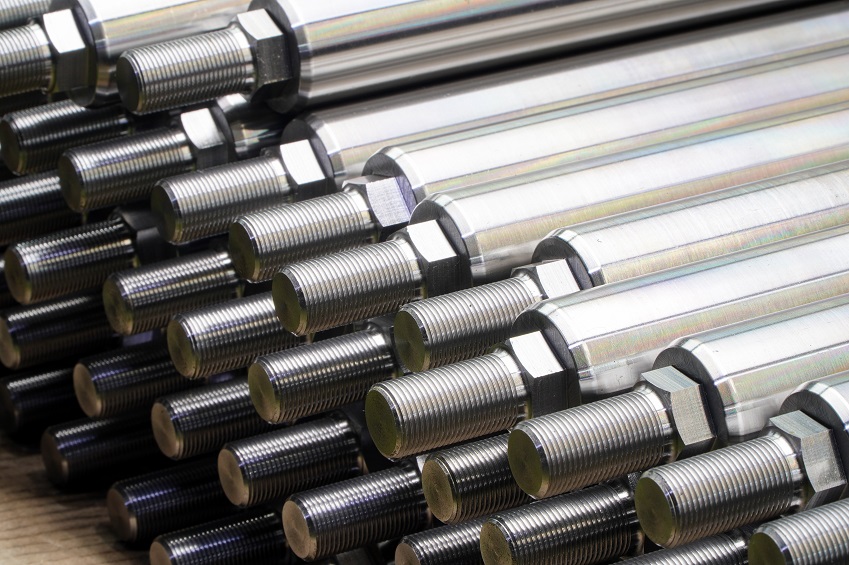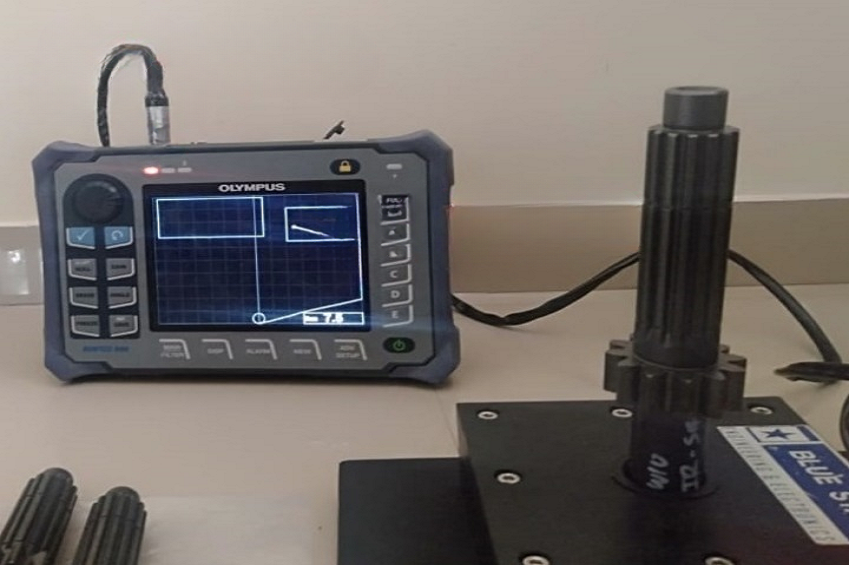RESOURCES › Application Notes - Non-Destructive Testing › Revolutionizing Automotive Quality Control for Enhanced Efficiency and Reliability
Revolutionizing Automotive Quality Control for Enhanced Efficiency and Reliability

Within the intricate world of automotive components, transmission shafts play a vital role, silently transmitting power and dictating vehicle performance. Crucial to their functionality is adherence to specific hardness requirements. Variations in hardness can jeopardize performance, pose safety risks, and incur costly consequences. When addressing hardness detection in automotive transmission shafts, eddy current testing stands out as a preferred choice. Its non-destructive nature, rapidity, and capacity to handle intricate shapes make it particularly advantageous. Nonetheless, the selection of the most suitable method should be guided by the specific requirements of your application.
The primary challenge confronted by our client, a leading manufacturer in advanced automotive electronics, was ensuring that the automotive transmission shafts complied with exacting hardness standards. The concern stemmed from the absence of a dependable method to identify and separate components exhibiting differing hardness levels. This posed a substantial risk of defective products infiltrating the manufacturing process, thereby potentially triggering expensive recalls, and compromising overall product quality. The absence of a robust hardness detection system heightened the urgency of finding a reliable solution to mitigate these potential issues and uphold manufacturing excellence


In response to the challenge, Blue Star undertook a comprehensive approach, conducting a series of trials utilizing the Nortec 600 Eddy Current Solution in conjunction with an eddy current coil. The goal was to make the most of the capabilities of this advanced equipment to precisely differentiate between two categories of shafts:
To address the challenge, Blue Star conducted a series of trials using the Nortec 600 Eddy Current Solution and an eddy current coil. The process involved meticulous calibrations to ensure precise and consistent results.
Following thorough testing and calibration, Blue Star was able to successfully distinguish the shafts lacking IR softening and those with IR softening. The results showed clear, consistent signals, due to the effectiveness of the Nortec 600 machine and the eddy current coil in detecting hardness differences on the transmission shafts.

